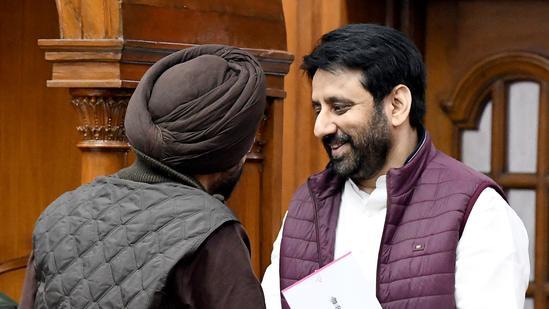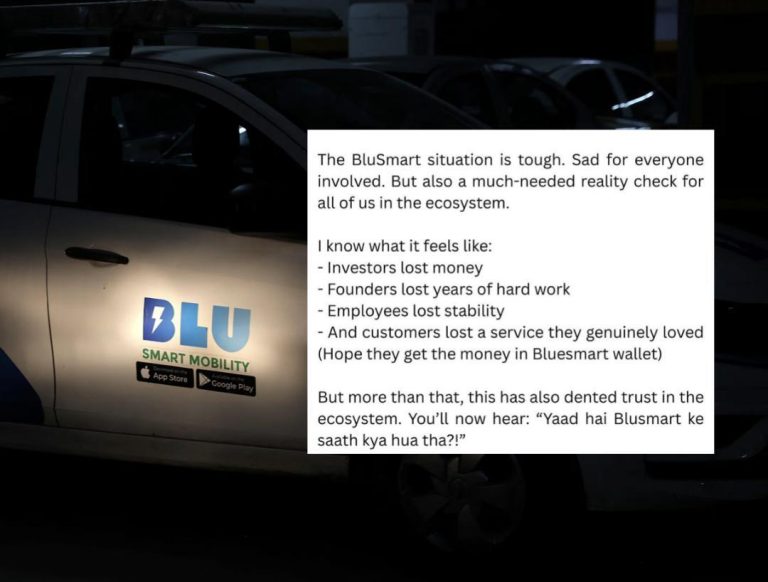
AAP MLA Amanatullah Gets Anticipatory Bail in Obstruction Case
In a recent development, the Rouse Avenue court has granted anticipatory bail to AAP MLA Amanatullah Khan in a case related to obstruction of public servants. The court’s decision comes after Khan was booked for allegedly attacking Delhi Police personnel at Jamia Nagar on February 10.
As per the reports, the court has approved Khan’s bail on the condition that he furnishes a bond of ₹25,000 and one surety in the like amount. This means that Khan is now free to continue his political activities without any restrictions, subject to the condition of the bail.
The case against Khan was registered under Section 186 of the Indian Penal Code (IPC), which pertains to obstruction of public servants in the discharge of their official duties. The FIR was filed by the police officials who were allegedly attacked by Khan’s supporters during a protest at Jamia Nagar.
The incident occurred on February 10, when a group of protesters, including Khan’s supporters, gathered at Jamia Nagar to protest against the Citizenship (Amendment) Act (CAA). The police had deployed a large contingent of personnel to maintain law and order, but the protesters allegedly attacked them, leading to widespread violence.
Khan, who is a member of the Aam Aadmi Party (AAP), has been vocal in his opposition to the CAA and the National Register of Citizens (NRC). He has been a key figure in the protests against the CAA, and has been accused of inciting violence and disrupting public order.
The police had booked Khan under Section 186 of the IPC, which carries a maximum punishment of three months’ imprisonment and/or a fine. However, the court’s decision to grant him anticipatory bail has come as a relief to Khan and his supporters, who had been worried about the possibility of his arrest.
The court’s decision has been seen as a significant development in the case, and has raised questions about the police’s handling of the situation. Critics have accused the police of using excessive force against the protesters, and of failing to take action against the perpetrators of violence.
The AAP has welcomed the court’s decision, and has accused the police of targeting Khan and his supporters for political reasons. “The police are trying to silence us through false cases and intimidation,” said a party spokesperson. “We will continue to fight for our rights and will not be deterred by the police’s attempts to harass us.”
The police, on the other hand, have maintained that they acted with restraint and professionalism during the incident, and that Khan and his supporters were responsible for the violence.
The case is likely to continue, with the police expected to file a chargesheet against Khan and his supporters. However, the court’s decision to grant Khan anticipatory bail has put a spanner in the works, and has raised questions about the prosecution’s ability to prove its case.
In conclusion, the Rouse Avenue court’s decision to grant Amanatullah Khan anticipatory bail in the obstruction case has significant implications for the case and the political landscape of the city. While the police have accused Khan of inciting violence and disrupting public order, the court’s decision suggests that there may be more to the case than meets the eye.
Only time will tell how the case unfolds, but one thing is certain – the incident has raised important questions about the police’s handling of the situation, and about the role of political leaders in inciting violence.





